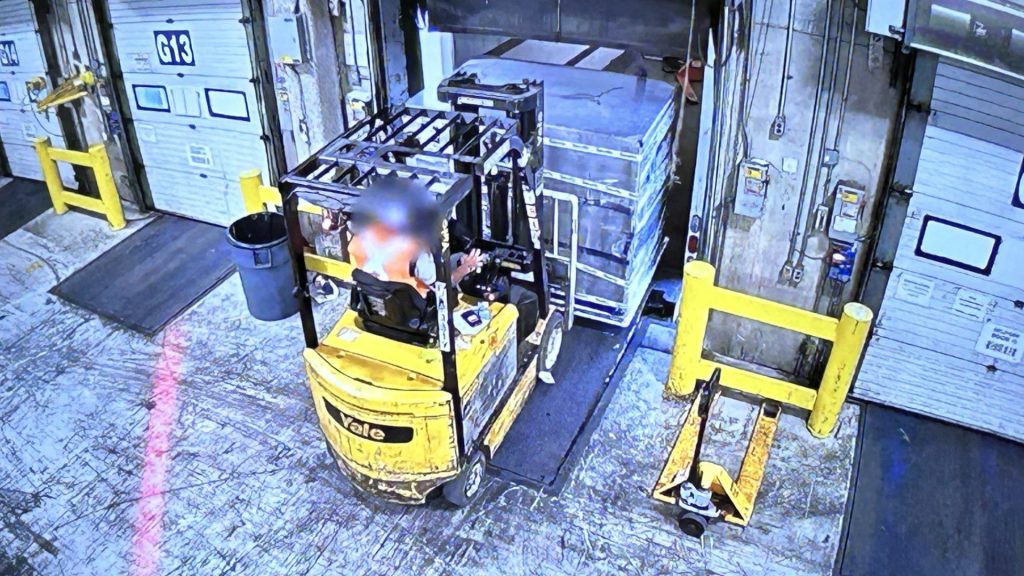First Nation declares state of emergency, looks to trace source of blastomycosis
Posted Nov 23, 2021 09:18:34 PM.
A First Nation in northern Ontario was working Tuesday to trace the source of a fungus suspected of causing lung infections in several residents.
The chief of Constance Lake First Nation said three recent deaths in the community may be linked to blastomycosis – although that has yet to be confirmed – while nine residents are thought to have the infection and 24 others are under investigation for it.
The First Nation declared a state of emergency on Monday, after cases came to light in recent days.
“This has never happened,” Sutherland said in a phone interview Tuesday afternoon.
“We declared the state of emergency so that we can have access to everything possible to hopefully find the source of this problem to contain it, limit its exposure or remediate something and help our people.”
Sutherland said nine people were being cared for in hospitals in various communities. At least one child was sent to a hospital in Ottawa on Monday, she said.
Blastomycosis is a lung infection typically caused by a fungus that grows in moist soil, leaves and rotting wood, and is spread when a person breathes in small particles of the fungus into their lungs. Symptoms range from a mild cough to serious breathing problems. Some people may not show any symptoms, while others may develop a long-term form of pneumonia.
Sutherland said there are at least 11 different places in the community where samples will be gathered to check for sources of the fungus.
She said the First Nation, which is located near Hearst, Ont, is looking into evacuation plans as a precaution but isn’t planning an evacuation just yet.
In the meantime, she encouraged community members to seek medical attention if they have any symptoms, including a cough, difficulty breathing, fatigue, a sore back, fever or chills.
Community members who have been tested for blastomycosis have also been tested for COVID-19 and, so far, everyone has tested negative for the virus, the chief noted.
The grand chief of the Nishnawbe Aski Nation, which represents 49 First Nations across northern Ontario, said his organization is “very concerned” with the situation in Constance Lake and called for the federal and provincial governments to help.
“We look to our federal and provincial Treaty partners to support Constance Lake with the resources they require to address this crisis including access to health care, testing, and mental health supports,” Grand Chief Derek Fox said in a written statement.
Indigenous Services Canada said it was working directly with Sutherland, the Porcupine Public Health Unit, the Ontario government, the Matawa Chiefs Council and other partners to “identify and address community needs.”
A representative from ISC arrived in the community on Tuesday to provide on-the-ground support “for as long as necessary,” the federal department said. It also noted that it’s assessing the need for additional nursing, mental health and crisis support.
The department added that a hospital in Hearst is setting up an observation unit for Constance Lake residents suspected of having blastomycosis. The hospital has a stock of anti-fungals for those who need treatment, it said.
Ontario’s Ministry of Health said the province was working to help the community and was supporting patient transfers from the hospital in Hearst. It also said an environmental health investigation was underway, with samples being sent to a Public Health Ontario lab in Toronto.
“We will continue to work in partnership with our federal, local and community partners to address the ongoing situation in Constance Lake First Nation,” the health ministry said.
This report by The Canadian Press was first published Nov. 23, 2021.
———
This story was produced with the financial assistance of the Facebook and Canadian Press News Fellowship.
Noushin Ziafati, The Canadian Press










